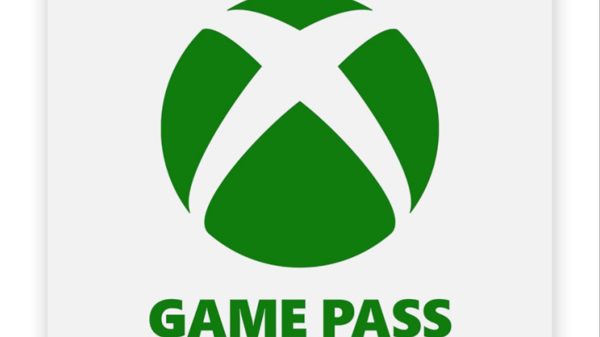The gaming industry in 2024 has experienced significant transformations as companies continue to adapt to evolving consumer habits. Despite the slowing of layoffs compared to earlier in the year, layoffs persist, with a notable event being Bungie’s dismissal of over 200 employees at the end of July.
These layoffs highlight the underlying uncertainties faced by both gaming companies and tech giants as they strive to navigate a rapidly changing market. This quarter’s earnings calls reveal the challenges companies are facing, from consumer behavior shifts to investor apprehensions.
Investors remain cautious about the gaming industry’s future, despite seemingly positive numbers from some companies. For example, Roblox reported impressive growth during its Q2 2024 earnings call, but its stock price dropped by over five percent.
This dip may be attributed to concerns over the departure of CFO Mike Guthrie and a mismatch between growth rates and the lofty expectations set during the gaming boom of 2021 and 2022. However, some within the Roblox ecosystem remain optimistic, viewing the company’s growth strategy as solid, despite the investor uncertainty.

Gaming Industry Faces Transition in 2024 with Persistent Layoffs and Shifting Market Dynamics
In the console market, Nintendo continues to thrive, while its competitors, Sony and Microsoft, face struggles. Nintendo’s dominance is clear, with 2.1 million Switch units sold monthly compared to Sony’s PlayStation 5 and Microsoft’s Xbox, which saw significant declines in hardware sales.
The waning success of Microsoft and Sony’s hardware has spurred conversations around the potential end of console exclusivity. Microsoft’s CEO Satya Nadella hinted at a broader focus on software and live services rather than hardware sales, suggesting a shift in the industry’s long-term strategy.
The premium gaming model, where consumers pay upfront for high-production games, remains viable but poses challenges. While live service gaming is growing, traditional premium models still generate substantial revenue for publishers. For instance, Electronic Arts reported massive success with “EA Sports College Football 25,” earning over $500 million in just two weeks.
This success highlights the continued profitability of premium games, but reliance on blockbuster titles can be risky as it leaves publishers dependent on the success of individual games.
Take-Two Interactive exemplifies the challenges of relying on premium titles, having not posted a profit in nine consecutive quarters. However, confidence remains high due to the upcoming release of “Grand Theft Auto VI,” expected to drive significant sales.
This reliance on highly anticipated titles underscores the difficulties of maintaining consistent profitability in the premium game model, as the number of franchises capable of generating such massive sales is shrinking.
The success of premium titles like “College Football 25” stems from the long gaps between releases, which build anticipation among gamers. However, not all franchises can replicate this success, especially annual releases like “Madden NFL.”
As publishers like EA look to maintain profitability through the premium model, they must find ways to sustain excitement across their portfolio, which may involve exploring additional revenue streams, such as in-game advertising or innovative game concepts, to avoid over-reliance on a handful of high-performing titles.









































